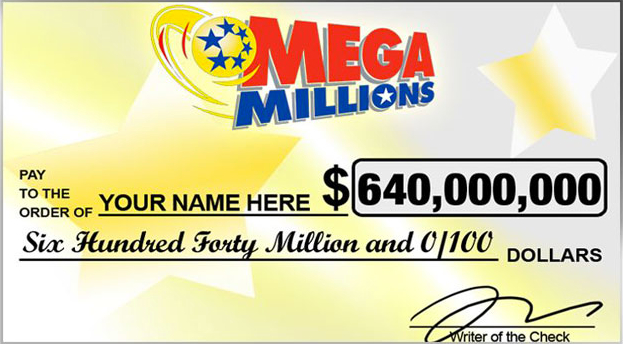Do you live in one of these lucky countries where you pay no tax on your lottery win?
/You’ll be shocked at how much of your winnings you lose to various agencies in many countries.
But $60 million lottery winner Maurice De Gennaro paid nothing, as he lived in Canada where there are no taxes on winnings.
In Canada, including Toronto, lottery winnings like those from Lotto Max are generally not taxed.
This means if you win a $60 million jackpot in a Lotto Max lottery, you would not have to pay any income tax on your winnings.
Lottery winnings in Canada are considered to be windfalls, and under Canadian tax law, windfalls are not subject to tax.
However, there can be some exceptions:
Investment Income: While the initial winnings are not taxed, any income generated from investing those winnings is taxable. For example, if you invest a portion of your $60 million and earn interest, dividends, or capital gains, that income will be subject to taxation.
Gifting to Others: If you decide to give some of your winnings to others, they may not be taxed on the gift itself, but any income generated from the gifted amount could be taxable for them.
Professional Gamblers: If you are considered a professional gambler, the situation might be different, and winnings could potentially be considered business income.
Tax in the USA
In the USA, taxes and a reduced prize through part payments - known as annuities - can take up to two-thirds of your winnings from the advertised prizes.
In the USA, all lottery winnings are subject to Federal and some local taxes. The IRS takes a 25% withholding tax from any wins over $5,000.
For example, suppose you win an advertised $100,000 prize in the United States and choose a smaller lump sum payout.
In that case, the lower payout, along with depreciation, withholding, and personal taxes means there could be as little as $33,000 left in your pocket.

One of the main reasons for small payments is that some games show a lesser annuity payout amount in their jackpot figures.
That's the total amount the winners get in instalments, and it’s taken over an extended period.
Often these are annual payouts spread over 20-30 years, making up the large jackpot totals you see in many games.
If the winner takes this cash sum, the total payout amount is reduced considerably.
No taxes paid here
But there are some countries where you don’t pay any tax on the win at all. These countries pay out a lump sum immediately, tax-free, to all lottery winners:
Australia
Canada
Europe: many countries are tax-free.
Finland
Germany
Ireland
New Zealand
South Africa
United Kingdom
So, can you get around this barrier and claim most of the prize for yourself?
Yes - move to a country with the tax-free option, or live there, as Canada Lotto Max winner Maurice De Gennaro does.
Or see a good lawyer, but it may not help if you want to continue to stay where you are living.
Unfortunately, there is little you can do about it, but don't let that stop you from playing!
Keep in mind that tax laws can change and might be different based on the winner's situation.
Also, if you live in a country that taxes worldwide income, or has special rules for foreign lottery winnings, you could still owe taxes back home.
So, it's a good idea for lottery winners to talk to a tax expert in their own country to get the right advice based on the latest laws.









































